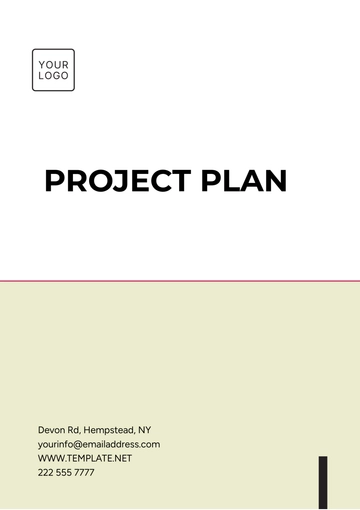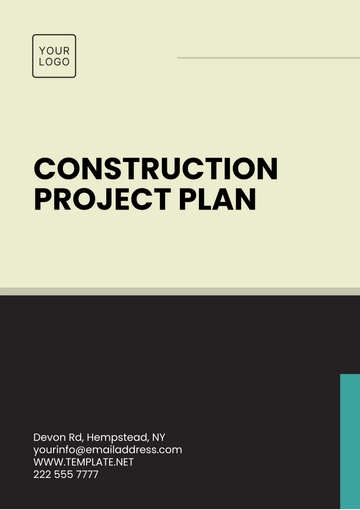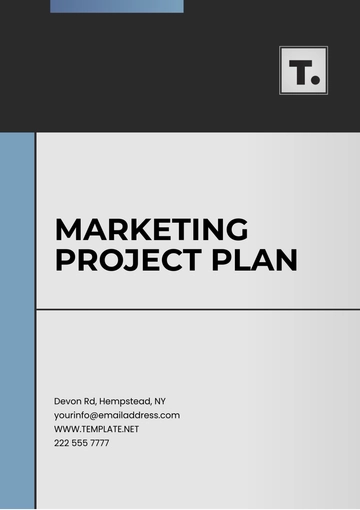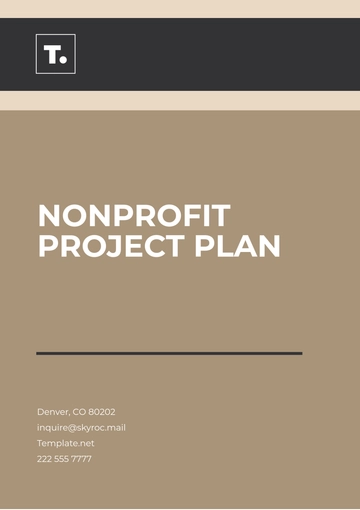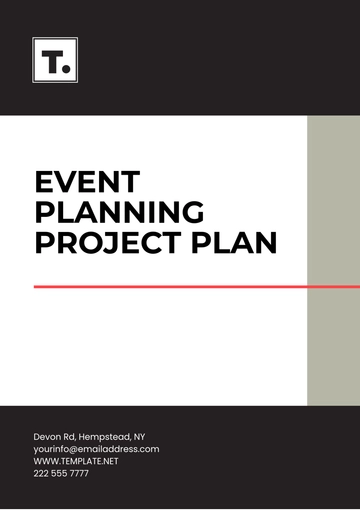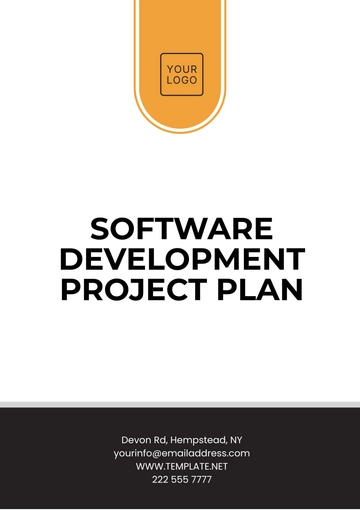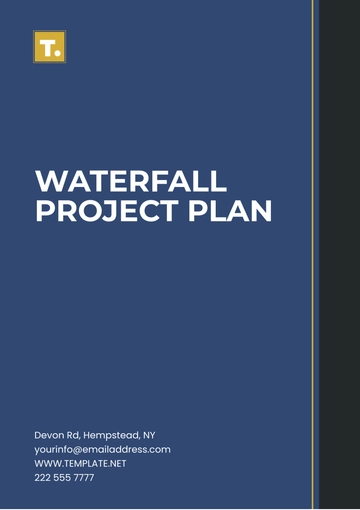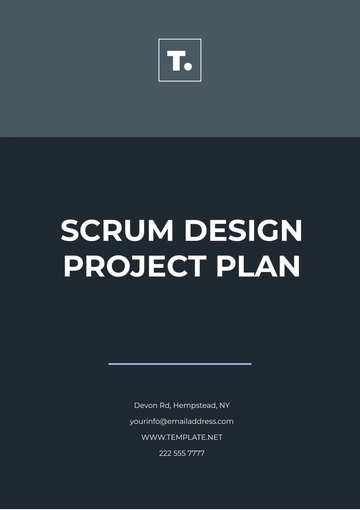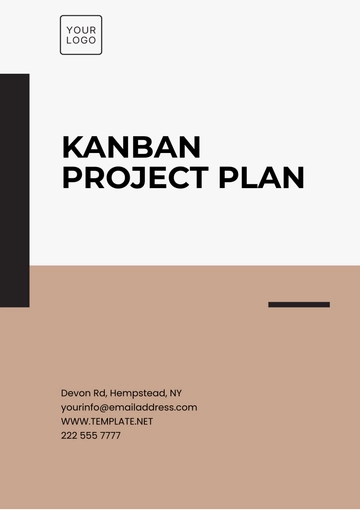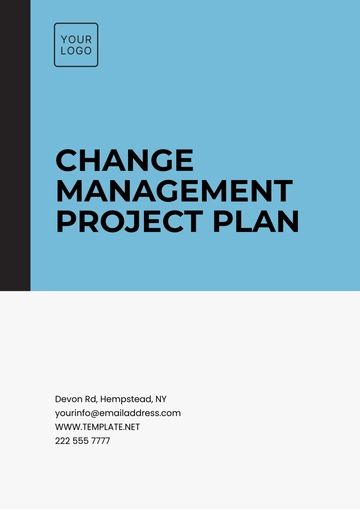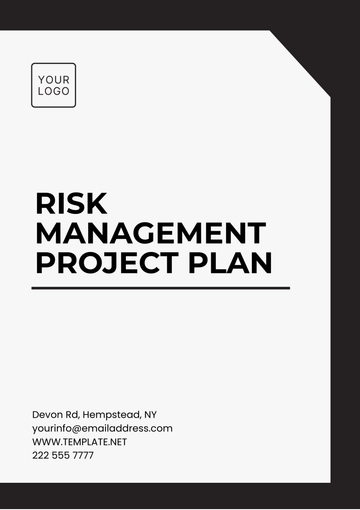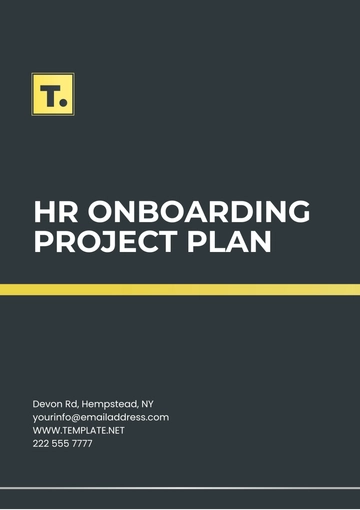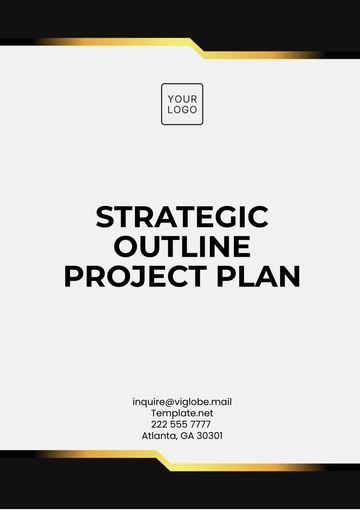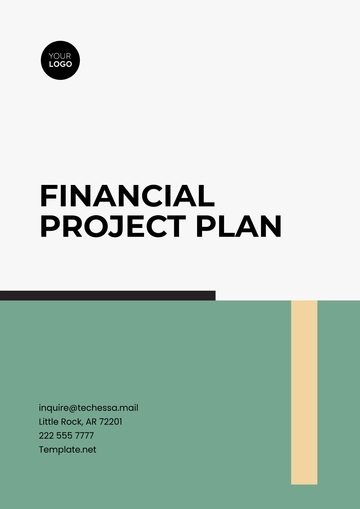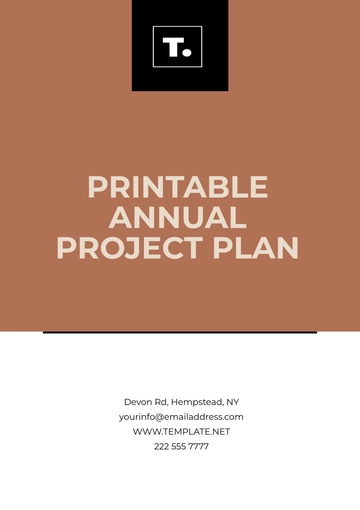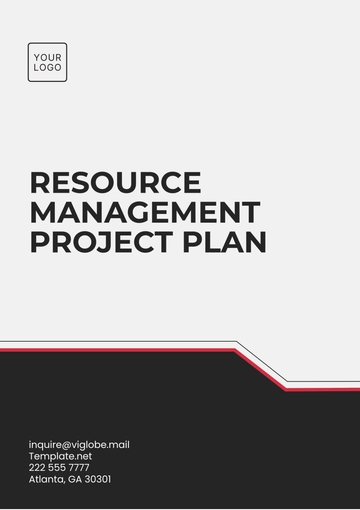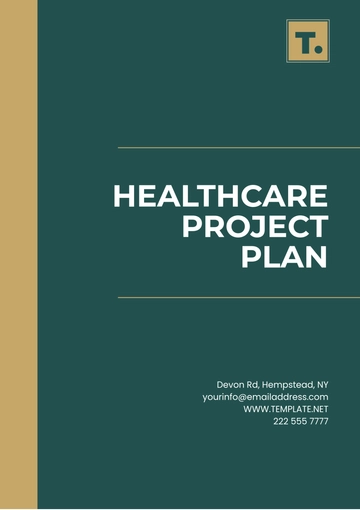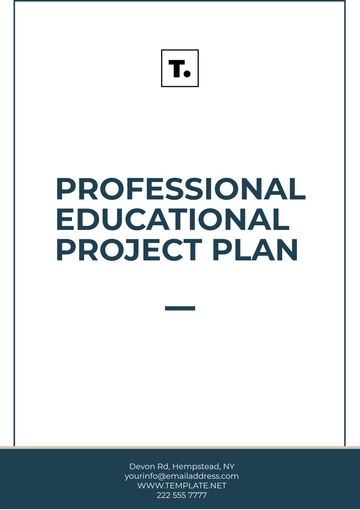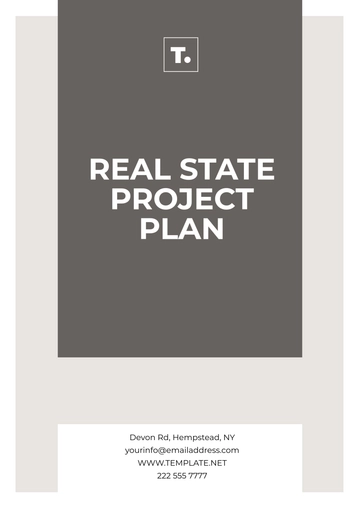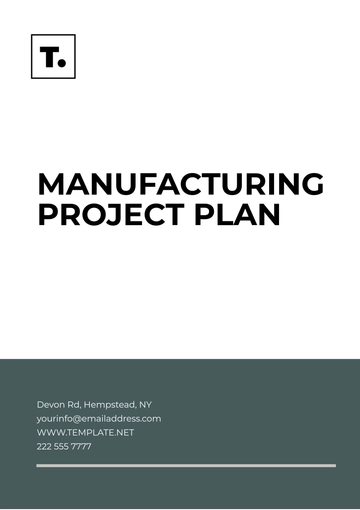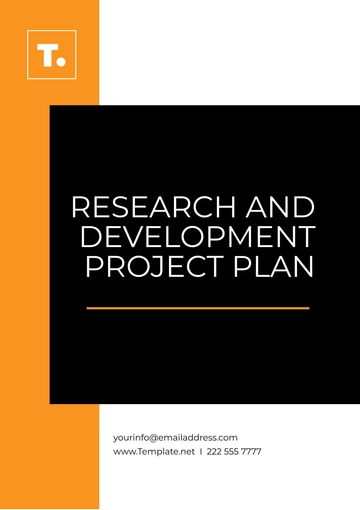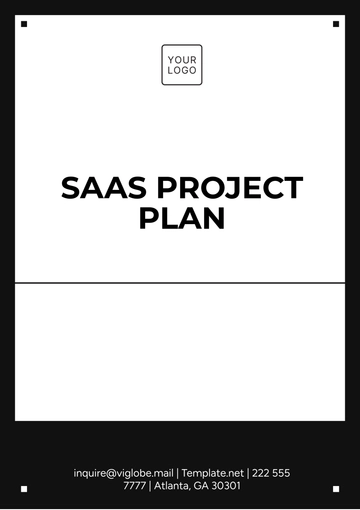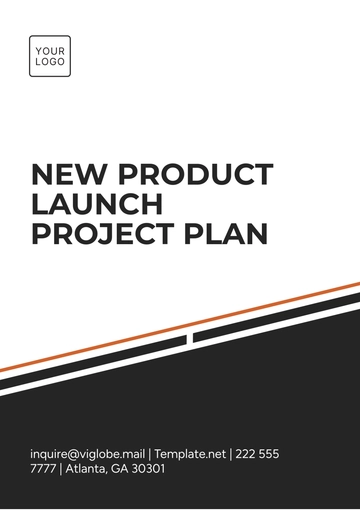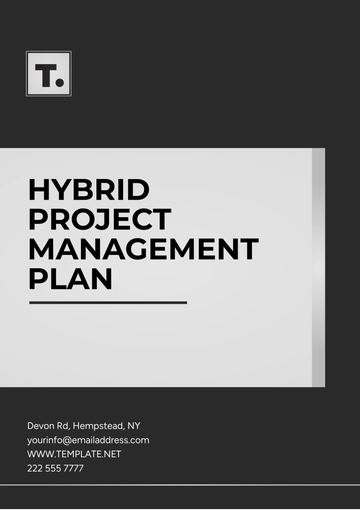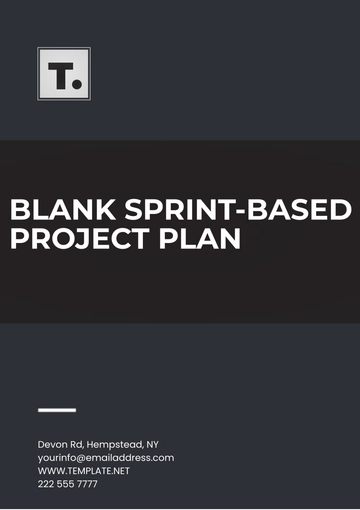Free Strategic Outline Project Plan
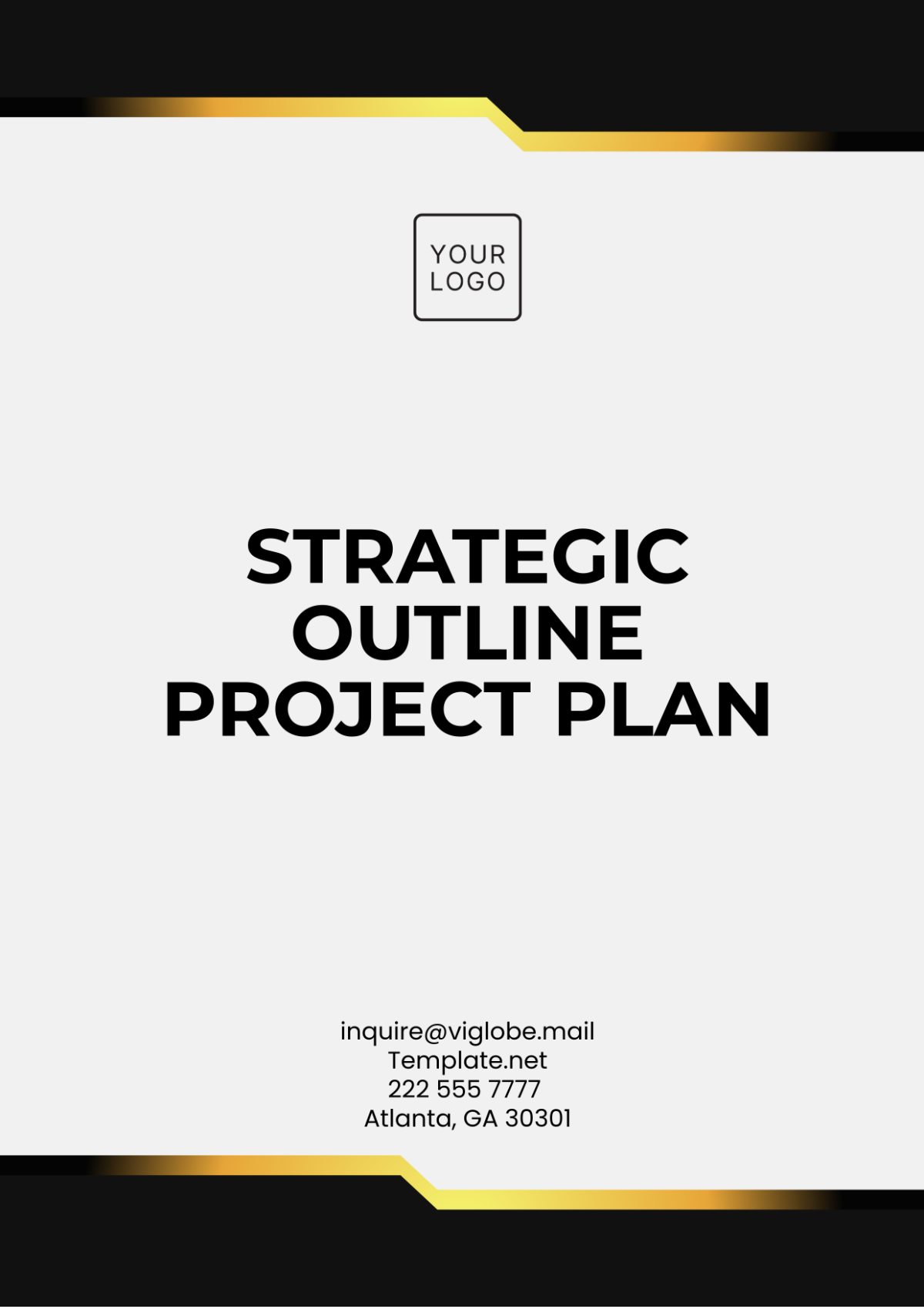
Project Manager: | [Your Name] |
Company: | [Your Company Name] |
Department: | [Your Department] |
Date: | [Date] |
I. Introduction
In this phase, the primary goal is to establish a comprehensive understanding of the strategic plan needed for the successful execution of the project. This document serves as a roadmap, outlining key objectives, milestones, and resources necessary to guide the project from inception to completion.
II. Project Objectives
The objectives aim to align with the overall business strategy, ensuring that the project contributes to the long-term goals of the organization. The specific objectives include:
Enhancing operational efficiency
Boosting customer satisfaction
Increasing market share
Ensuring sustainability and compliance
Objective Details
Each objective is linked to measurable outcomes, providing clarity on expected results and performance indicators. The focus is on deliverables that drive value and demonstrate tangible improvements.
III. Scope of Work
Defining the scope of work is crucial to delineate project boundaries and set clear expectations. This section identifies key tasks and deliverables required for project completion.
Task | Description | Responsible Party |
|---|---|---|
Market Analysis | Conduct a thorough analysis of market trends and customer needs | Marketing Department |
Product Design | Develop a new product design that aligns with strategic goals | Product Development Team |
Resource Allocation | Identify and allocate resources required for project implementation | Project Manager |
Inclusions and Exclusions
This subsection identifies the specific items that will be included and excluded from the project to avoid any ambiguities.
Inclusions: New product line, market entry strategies, customer feedback mechanisms.
Exclusions: Existing product updates, non-target market regions.
IV. Timeline
The project timeline provides an overview of the start and finish dates of each phase, ensuring timely execution and monitoring.
Phase | Start Date | End Date |
|---|---|---|
Initiation | January 2050 | February 2050 |
Planning | March 2050 | April 2050 |
Execution | May 2050 | September 2050 |
Closure | October 2050 | November 2050 |
Milestones
Identifying key milestones will assist in tracking progress and ensuring that critical components are completed on schedule. These include:
Completion of Market Analysis
Approval of Product Design
Resource Allocation Confirmation
Project Execution Initiation
Final Review and Closure
V. Resources and Budgeting
Effective resource management and budget planning are essential for maintaining control over project expenditures and ensuring that all necessities are met.
Resource | Type | Estimated Cost |
|---|---|---|
Personnel | Human | $500,000 |
Infrastructure | Facility | $300,000 |
Technology | Software/Hardware | $200,000 |
Budget Breakdown
A detailed budget breakdown highlights specific allocations, aiming to maximize efficiency and reduce wastage. Categories include:
Personnel: Recruitment, Training, Salaries
Infrastructure: Office Space, Utilities, Equipment
Technology: Software Licenses, IT Support, Maintenance
VI. Risk Management
Proactive risk management is critical to identify potential challenges and establish contingency plans. The focus is on reducing the impact and likelihood of negative events.
Risk Identification
Risks are identified through comprehensive analysis, considering both internal and external factors. Common risks include:
Market Fluctuations
Resource Availability
Technological Changes
Regulatory Compliance
Mitigation Strategies
Developing effective mitigation strategies ensures preparedness for unexpected challenges. Strategies involve:
Diversifying supply chain options
Implementing flexible workforce arrangements
Investing in adaptable technology platforms
Regular compliance audits and updates
VII. Conclusion
In conclusion, a strategic outline project plan is essential for delivering results that align with organizational goals. Through detailed planning, resource allocation, and risk management, the project aims to achieve its objectives while maintaining quality and efficiency.
- 100% Customizable, free editor
- Access 1 Million+ Templates, photo’s & graphics
- Download or share as a template
- Click and replace photos, graphics, text, backgrounds
- Resize, crop, AI write & more
- Access advanced editor
